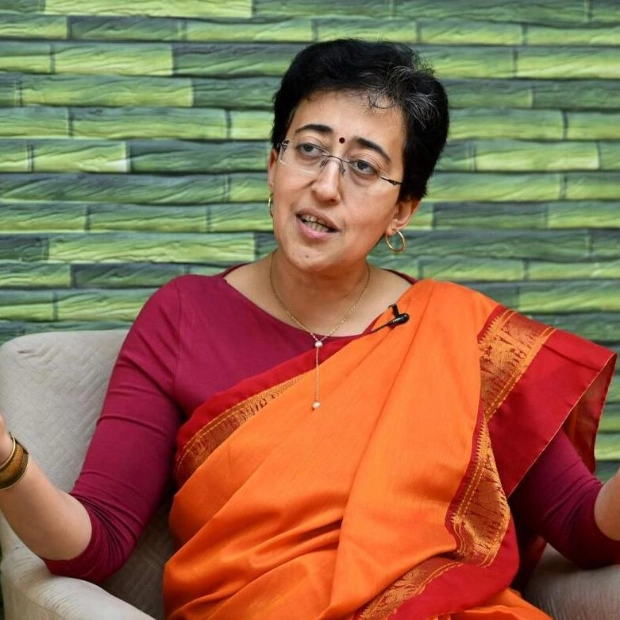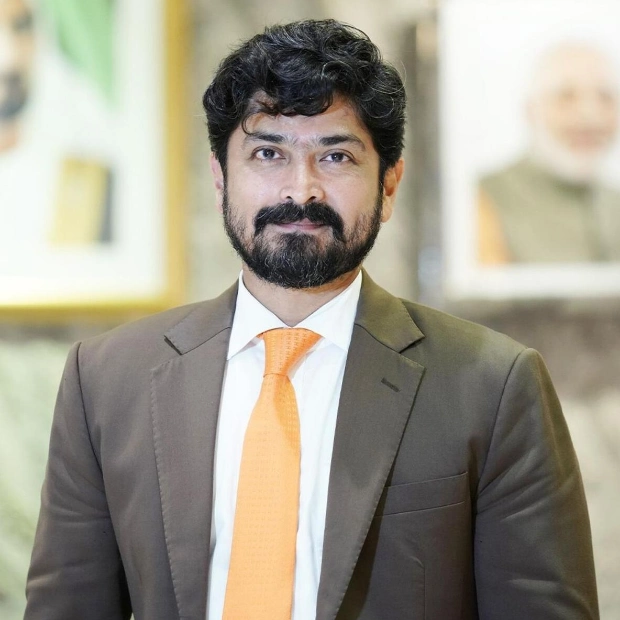Romanian Prime Minister and ex-leader of the leftist Social Democrat Party (PSD), Marcel Ciolacu, addressed the public following the initial exit polls from the parliamentary election held in Bucharest on Sunday. REUTERS
In the parliamentary election on Sunday, it appeared that Romania's centrist and leftist parties managed to resist a surge from the nationalist right. This development comes as the focus shifts to a crucial ruling by the country's top court on Monday regarding the potential annulment of the recent presidential vote results.
Romania, a member of both the European Union and NATO, experienced political upheaval due to an unexpected outcome in the first round of the presidential election on November 24. A relatively unknown far-right candidate unexpectedly won, raising concerns about external interference in the electoral process of a nation that has been a steadfast supporter of Ukraine.
The Constitutional Court of Romania has ordered a recount of the first round votes and is scheduled to announce its decision on the validity of the results at 1500 GMT. If the court validates the results, the independent far-right candidate, Calin Georgescu, will face off against the center-right contender, Elena Lasconi, in a run-off vote on December 8.
Romanian authorities have identified the country as a significant target for hostile entities such as Russia and have accused the video streaming platform TikTok of favoring one candidate. Both Russia and TikTok have denied any involvement in the election.
In Sunday's parliamentary election, the ruling leftist Social Democrat (PSD) party secured the top position, paving the way for potential coalition-building with centrist parties. "We aim for a coalition that will sustain Romania's European path," stated Social Democrat Vice-President Victor Negrescu in an interview with Stirile Pro TV.
With 99.78% of the votes counted, the PSD won 22.4% of the votes, leading the hard-right Alliance for Uniting Romanians with 18.2%. Lasconi's centrist opposition, Save Romania Union (USR), garnered 12.2%, while the junior ruling coalition partner, the Liberals, received 14.3%. Two far-right groups, SOS and POT, secured 7.7% and 6.3% respectively, and the ethnic Hungarian Party UDMR achieved 6.4%.
Liberal leader Ilie Bolojan expressed the party's readiness to join a coalition to contribute to the modernization of the country. However, the formation of the government will hinge on the outcome of the presidential race, as the president appoints the prime minister, and the timeline for this decision remains uncertain.
This scenario could potentially place Georgescu in a position to allow the far-right parties, which collectively won over 30% of the vote, to form a government. Diana Sosoaca, leader of the far-right SOS grouping, called for unity among nationalist parties, urging them to come together to form a nationalist government, even if it is a minority one, as reported by Digi 24 TV.
Source link: https://www.khaleejtimes.com






